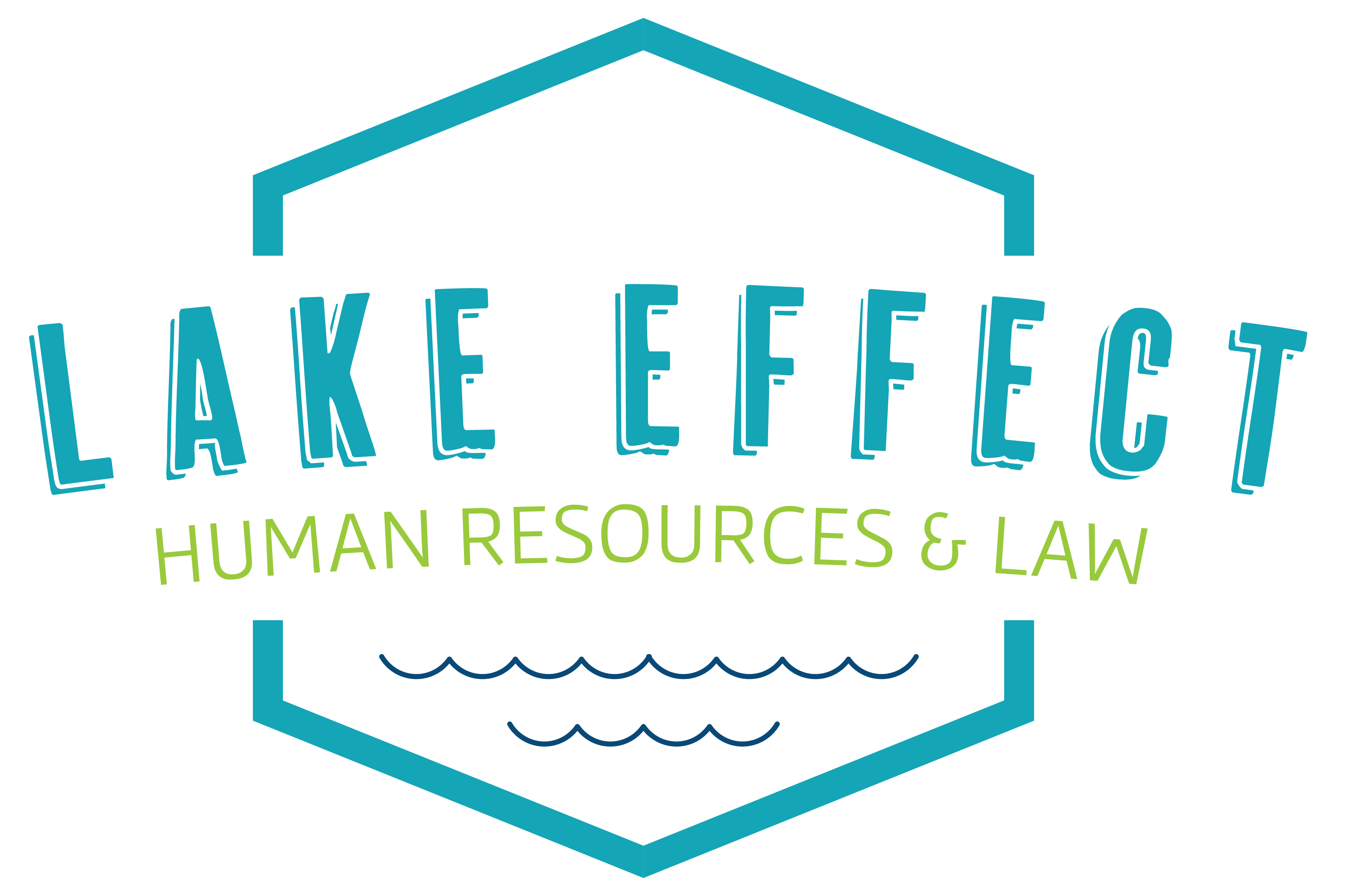NLRB General Counsel: Most Noncompete Agreements Violate the NLRA
Many employers require employees to sign noncompete agreements before, during, or upon separation from employment in an effort to prevent direct competition and protect business interests. This long-standing practice faces increasing resistance from state legislatures, as well as federal agencies like the Federal Trade Commission. The National Labor Relations Board (NLRB) appears poised to join the effort to invalidate such agreements. According to Memorandum GC 23-08 issued by NLRB General Counsel Jennifer Abruzzo on May 30, 2023, most noncompete agreements violate employees’ rights under Section 7 of the National Labor Relations Act (NLRA) and should be deemed unlawful. The guidance applies to both union and nonunion workplaces.
Section 7 of the NLRA protects employees’ right “to self-organization, to form, join, or assist labor organizations, to bargain collectively through representatives of their own choosing, and to engage in other concerted activities for the purpose of collective bargaining or other mutual aid or protection.” Recent NLRB decisions confirm that employees cannot waive these rights in individual contracts. (See Lake Effect’s prior blog on another NLRB decision and guidance on this issue.)
The General Counsel explains that most noncompete agreements threaten employees’ Section 7 rights because they:
- Chill employees from concertedly threatening to and/or carrying out threats to resign in order to secure better working conditions.
- Chill employees from concertedly seeking or accepting employment with a local competitor to obtain better working conditions.
- Chill employees from soliciting co-workers to go to work for a local competitor as part of a broader course of protected activity.
- Chill employees from seeking employment to specifically engage in protected activity with other workers at an employer’s workplace.
The Memorandum specifies that an employer’s desire to avoid competition does not justify infringing on a former employees’ Section 7 rights. An employer’s interests in retaining employees and/or protecting investments in employee training are likewise insufficient to excuse the chilling effects of broad noncompete provisions.
General Counsel Abruzzo does narrow the scope of her prohibition in two ways. She concedes that noncompete agreements that restrict only an individual’s managerial or ownership interests in a competing business may be lawful under the NLRA. She also notes that employers’ legitimate business interest in protecting proprietary or trade secret information can be addressed by narrowly tailored workplace confidentiality agreements that protect those interests. These specific confidentiality agreements thus continue to be lawful under federal labor law.
The NLRB General Counsel’s Memorandum is not binding law, but it directs field offices to scrutinize employee noncompete agreements and seek relief for employees subject to an “overbroad non-compete provision.” Considering this guidance, employers should anticipate increasing challenges to noncompete agreements and should carefully review employment agreements containing any noncompetition provisions. They should also review confidentiality agreements to ensure that they are narrowly tailored enough to withstand scrutiny. Your partners at Lake Effect can help you evaluate your agreements and monitor NLRB enforcement activities.
Lake Effect is here to answer all your questions about employment laws, regulations, and agency guidelines. We continue to monitor important legal and HR developments, as well as other information that could impact the workplace. Please watch our blogs and emails for these important updates, as well as discussions of how compliance meets culture. To dive into these issues, contact us at info@le-hrlaw.com or 1-844-333-5253.




